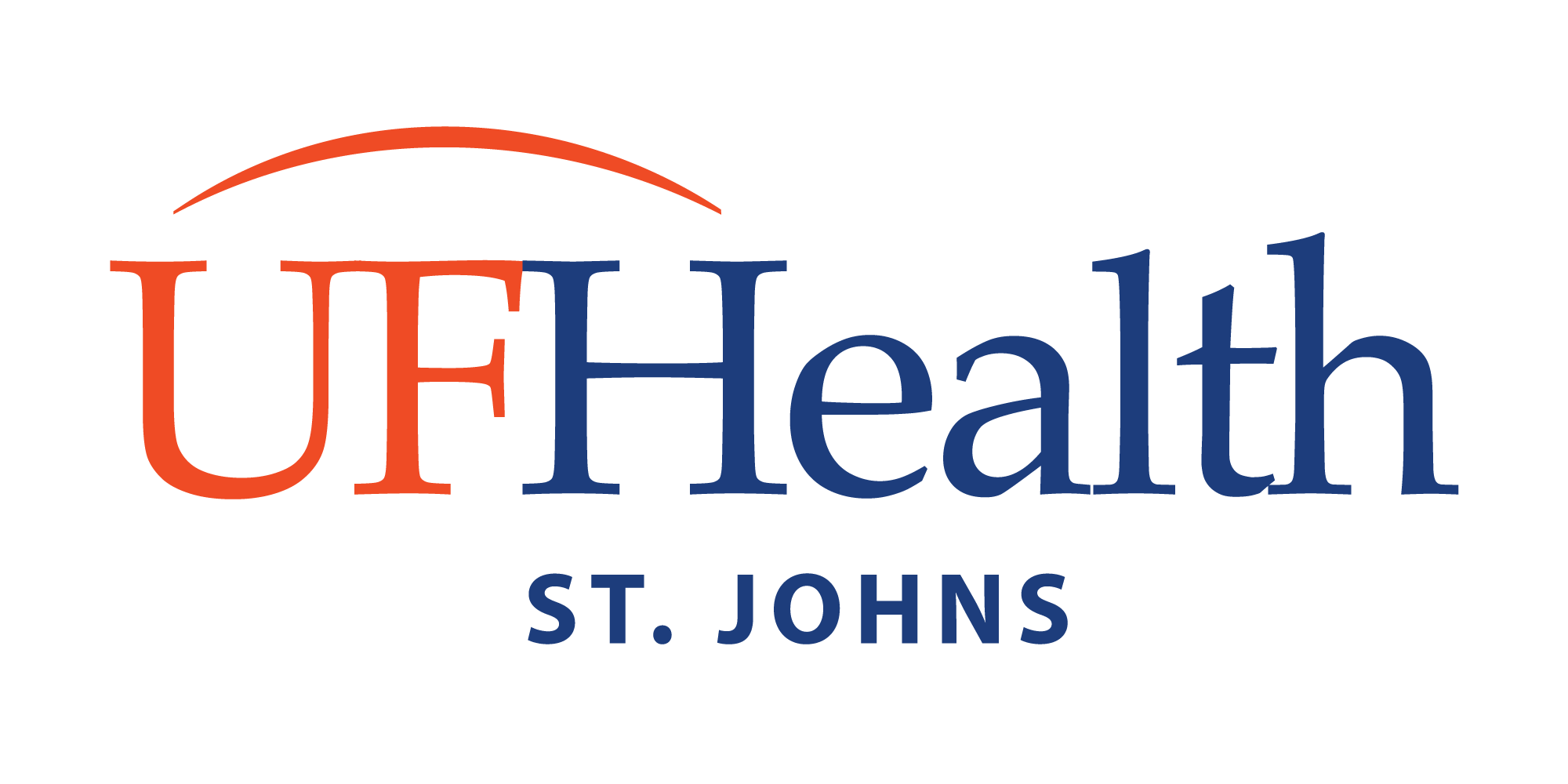Recognizing the Signs: Heart Attack Awareness for American Heart Month
- Category: Blogs
- Posted On:
- Written By: Neil K. Sanghvi, MD

February is American Heart Month, a time to focus on our heart health and learn how to keep this vital organ beating strong. While heart disease remains the leading cause of death in the United States, early recognition and treatment of a heart attack can significantly improve your chances of survival and recovery.
Understanding the Silent Threat:
A heart attack occurs when a blocked artery cuts off blood flow to part of the heart muscle. This lack of oxygenated blood damages the tissue, leading to potentially life-threatening consequences. While chest pain is the most common symptom, it's crucial to remember that heart attacks can present differently for everyone.
Key Warning Signs:
Chest discomfort: This can feel like pressure, squeezing, fullness or pain, often in the center or left side of the chest. It may persist for several minutes or come and go.
Pain beyond the chest: Discomfort can radiate to the jaw, neck, back, arms or shoulders.
Shortness of breath: This symptom often accompanies chest discomfort but can also occur independently.
Other signs: Feeling lightheaded, dizzy, nauseous, vomiting, extreme fatigue or unexplained anxiety can also indicate a heart attack.
Don't Ignore the Warning Signs:
If you experience any of these symptoms, don't wait! Call 911 immediately. Seeking prompt medical attention can minimize heart damage and improve your prognosis.
Prevention is Key:
While you can't control all risk factors, Dr. Sanghvi, chief of cardiology at UF Health St. Johns, has put together healthy lifestyle choices that can significantly reduce your chances of a heart attack:
Maintain a healthy weight.
Eat a balanced, heart-healthy diet.
Exercise regularly.
Manage stress.
Don't smoke.
Control blood pressure and cholesterol levels.
See your doctor for regular checkups.
Remember: Your heart health is in your hands. By understanding the signs of a heart attack, seeking immediate help and prioritizing preventive measures, you can empower yourself to live a longer, healthier life. Use American Heart Month as an opportunity to spread awareness, prioritize cardiac health and celebrate the incredible capabilities of our hearts.
The experts at UF Health St. Johns include world-class physicians, trained cardiology nurses, electrophysiologists and support teams, cardiothoracic surgeons, interventional and diagnostic cardiologists and cardiovascular technologists. Need heart health services in or near St. Augustine, FL? Contact UF Health St. Johns.
Additional Resources:
American Heart Association: [heart.org/]
Centers for Disease Control and Prevention: [cdc.gov/heartdisease/index.htm]
National Heart, Lung, and Blood Institute: [nhlbi.nih.gov/]
Disclaimer: This blog post is intended for informational purposes only and does not constitute medical advice. Please consult with your healthcare provider for personalized guidance.
